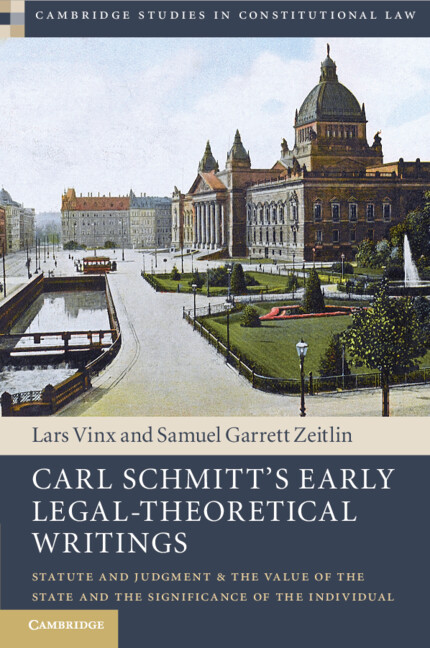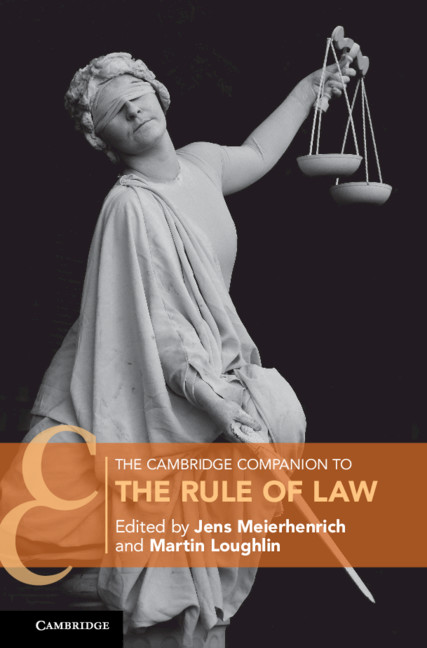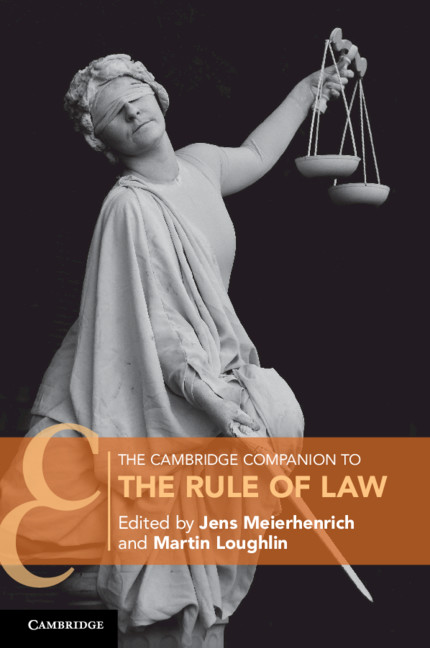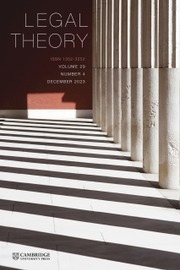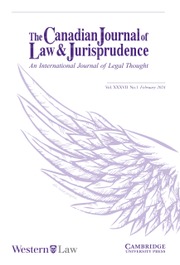Carl Schmitt's Institutional Theory
In 1922, Carl Schmitt penned Political Theology, the celebrated essay in which he elaborated on the notorious theory that the heart of politics lies in the sovereign power to issue emergency measures that suspend the legal order. Ever since, Schmitt's thinking has largely been identified with this concept, despite him renouncing it over time. Offering a comprehensive analysis of Schmitt's writings, Carl Schmitt's Institutional Theory provides an ambitious, novel perspective on Carl Schmitt and his legal and political thinking. By delving into Schmitt's output over his decades-long career, Mariano Croce and Andrea Salvatore explore Schmitt's varied and developing thoughts on exceptionalism, societal pluralism and the law as the progenitor and enforcer of normality. Challenging dominant interpretations, Croce and Salvatore dethrone the false centrality of certain key texts, and instead provide a more unified, coherent account of his institutional theory from across his long and controversial career.
- Offers a novel, unified account of Carl Schmitt's legal and political theory, drawing on a comprehensive analysis of Schmitt's complete output
- Challenges dominant interpretations which are based on a few key texts, showing, for example, that Schmitt revised and amended his own theory of the exception throughout his career
- Demonstrates the importance of considering the conservative activity of the legal order as it naturalises institutions that become standards of normality
Reviews & endorsements
‘An excellent new study developing the complexity of Carl Schmitt’s thought without concealing its unsavoury consistencies. Mariano Croce and Andrea Salvatore’s judicious scholarship offers a clear-eyed, sobering look at Schmitt as a legal theorist of normality rather than exception.’ Clara Maier, Columbia University
‘This is a bold book. By foregrounding Carl Schmitt’s legal thought, Croce and Salvatore upend conventional wisdom about the twentieth century’s most dangerous jurist. They paint a picture of an institutionalist disguised as a decisionist. With skill and verve, they show that Schmitt cared more about the norm than the exception after all. The fascinating, revisionist interpretation that it contains makes Carl Schmitt’s Institutional Theory essential reading for anyone who cares about the problem of legal order, then or now.’ Jens Meierhenrich, Professor of International Relations, London School of Economics and Political Science, and the author of The Remnants of the Rechtsstaat
‘The attraction toward and yet repulsion of Carl Schmitt’s political ideas is a trait of post-world war two liberal-democratic identity. The relation between jurisprudence and politics or the ‘normal’ and the ‘emergence’ allows Croce and Salvatore to propose a reading of Schmitt’s juristic practice as an endeavor that is detached from ‘political tutelage and severed from domestic politics.’ Without giving themselves the mission of salvaging this controversial protagonist of the twentieth century, the authors offer a brilliant portrait of Schmitt as a jurist who deemed jurisprudence as a vital complement of legislative power in the making of the law.’ Nadia Urbinati, Kyriakos Tsakopoulos Professor of Political Theory, Columbia University
‘… a useful book for those who study Schmitt … Recommended.’ M. Blitz, Choice
Product details
November 2023Paperback
9781009055598
166 pages
228 × 152 × 10 mm
0.26kg
Available
Table of Contents
- 1. What is exceptionalist decisionism? Reinterpreting Political Theology
- 2. Looking backward: Schmitt before exceptionalist decisionism
- 3. How exceptionalist decisionism came about: Schmitt and coeval critics
- 4. A fresh start: Schmitt and state pluralism
- 5. Out of the exceptionalist quagmire: The notion of institution in Schmitt's thinking
- 6. The politics of normality: Schmitt's concrete-order thinking
- 7. Doing away with politics: Schmitt's juristic institutionalism
- Index.


